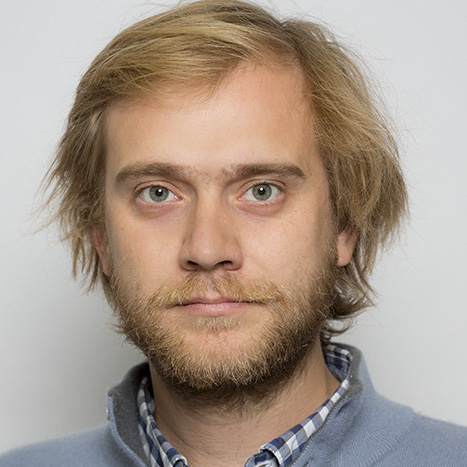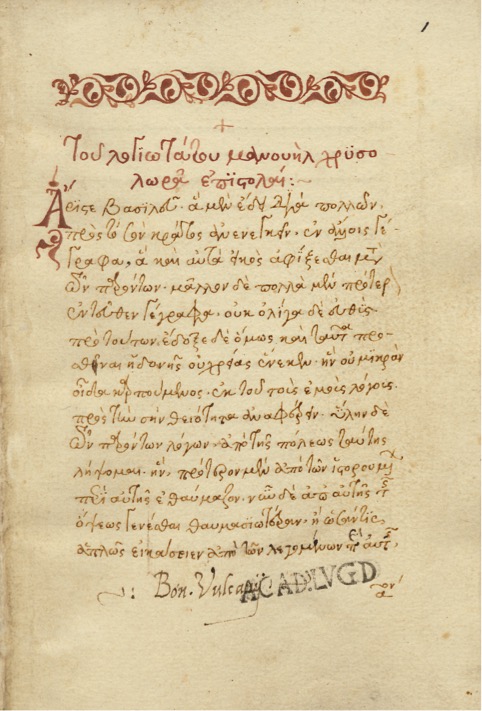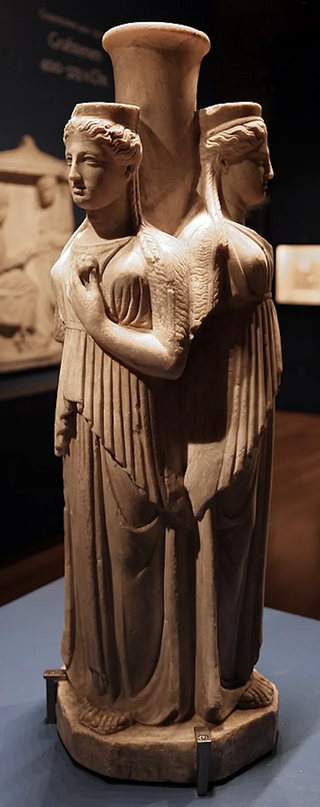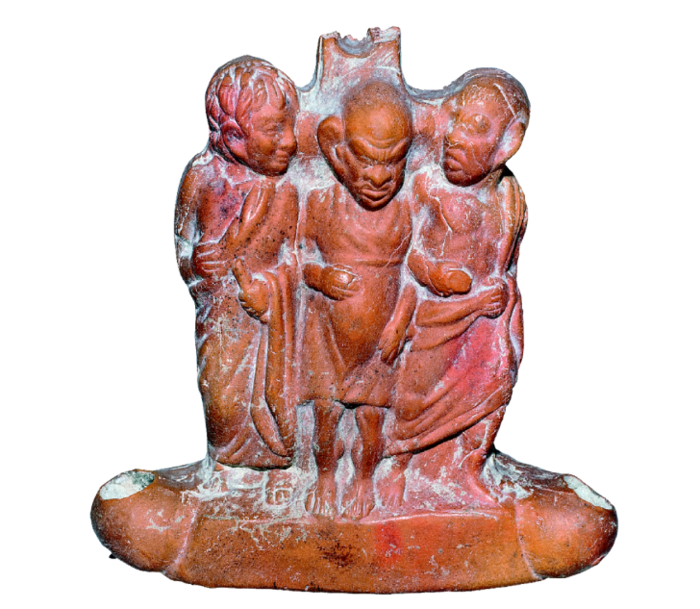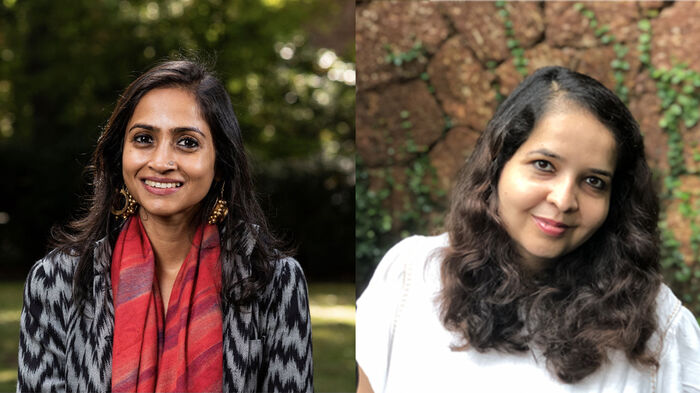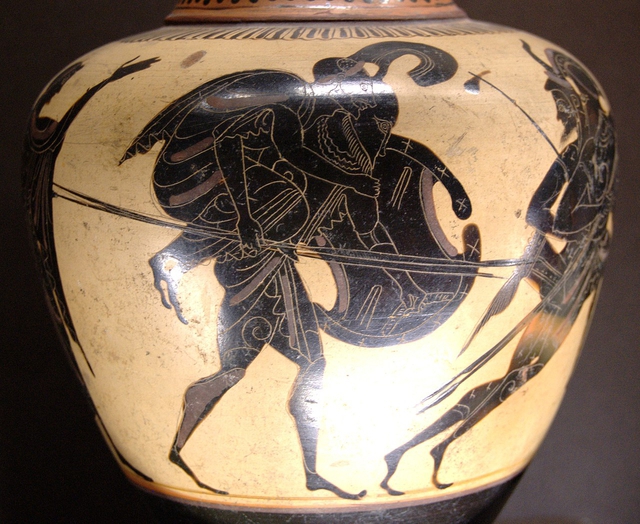Guest lectures and seminars
Upcoming
In this talk, Christopher S. Wood (NYU) seeks to locate impressionism within a wider horizon of self-taught or DIY artistic practices
Previous
In this lecture, Marit Grøtta (University of Oslo) will discuss the ambivalent responses to portrait photographs in the writings of Marcel Proust, Franz Kafka, and Virginia Woolf.
The fourth and final Welcome to the Anthropocene lecture by Laura Mai, Postdoctoral Researcher at Tilburg University.
Our third Welcome to the Anthropocene Lecture will be given by Alison Sperling, Assistant Professor of English at Florida State University.
In this lecture, Tobias Dias (Aarhus University) will discuss the history and politics of artist-led alternative university projects.
Philosophical Seminar with Joshua Gert
Glenn Ø. Wehus (MF)
The second Welcome to the Anthropocene lecture of 2024 will be led by Dr. Rahul Ranjan, writer and Assistant Professor of Climate/Environmental Justice at the Department of Human Geography, University of Edinburgh.
In this lecture, Sven Lütticken (Leiden University) will discuss how the political aesthetics of the people's tribunal form have been articulated in new ways by contemporary artists.
Anastasia Maravela (IFIKK)
Philosophical Seminar with Andreas Dorschel
Gregory Fewster (MF)
Rafael de Almeida Semêdo (University of São Paulo & University of Amsterdam)
The first Welcome to the Anthropocene lecture of the year will be given by Professor Britt Kramvig and Postdoctoral Research Fellow Tarja Salmela at the Department of Tourism and Northern Studies, UiT - The Arctic University of Norway.
Bradley Jordan (IAKH)
Join Patrick Jagoda (University of Chicago) in looking at games through the lense of the Fluxus experimental art movement, and hear how this approach might help us better understand the constraints we enact upon ourselves.
Tor Ivar Østmoe (IFIKK)
Giulia Frigerio (IFIKK)
An interdisciplinary half-day seminar related to the triple bill Bluebeard's Castle, staged by Tobias Kratzer and conducted by Edward Gardner premiering at The Norwegian National Opera & Ballet, January 20.
In this lecture, Alexandre de Vitry (Sorbonne) will discuss the concept of brotherhood in literary history
Chiara Gazzini (IFIKK)
Judith Hendriksma (IFIKK)
Wona Lee (IFIKK)
In this Environmental Humanities Lecture, anthropologists Nayanika Mathur, Professor of Anthropology and South Asian Studies at the University of Oxford, and Radhika Govindrajan, Associate Professor of Anthropology and International Studies at the University of Washington, Seattle, present their research on human-animal relationships, climate change, and religious ecology in India. What form might the environmental humanities take if considered from the place of the Indian Himalaya?
Isak Hærem (IFIKK)
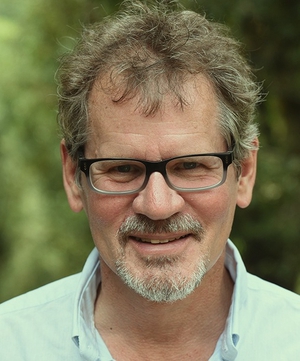
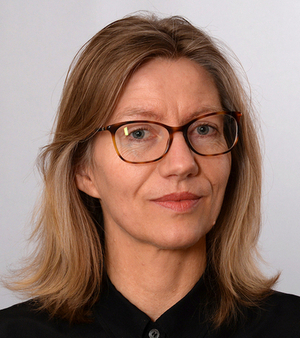
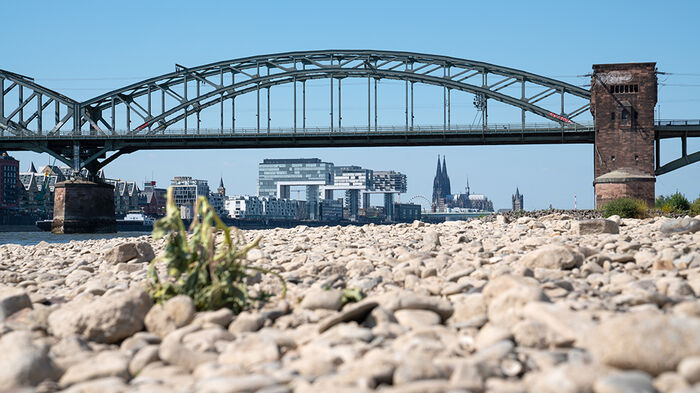
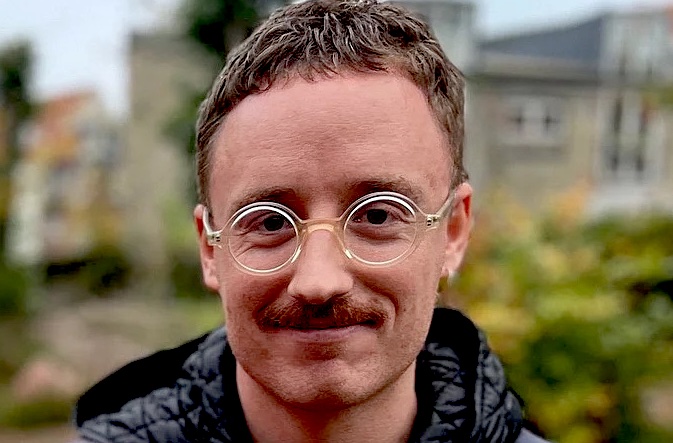
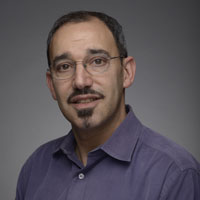
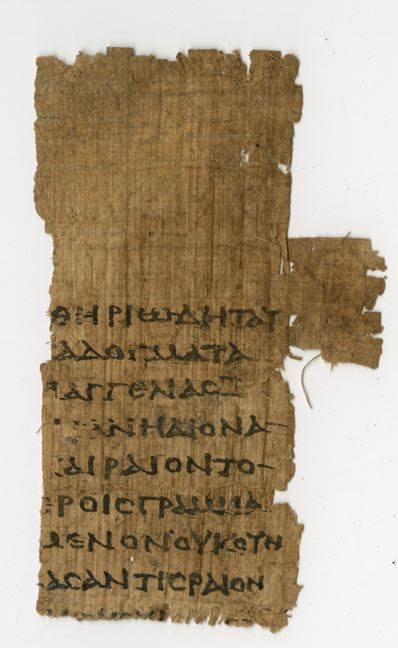

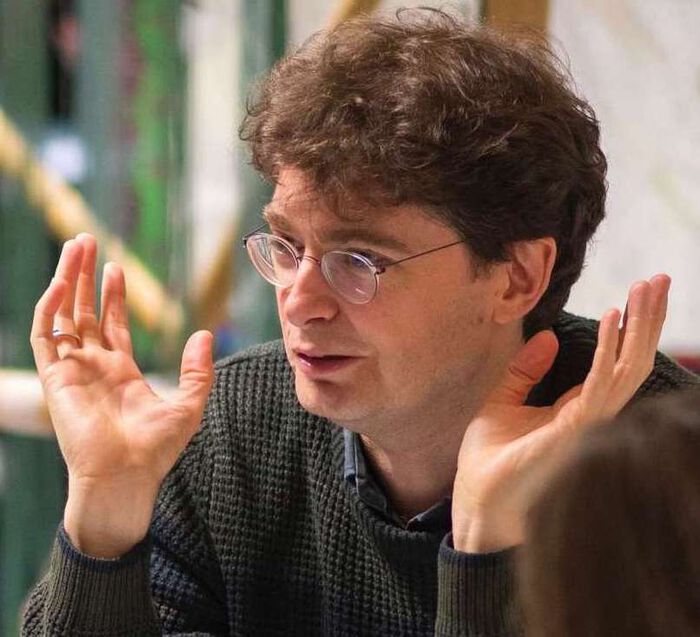




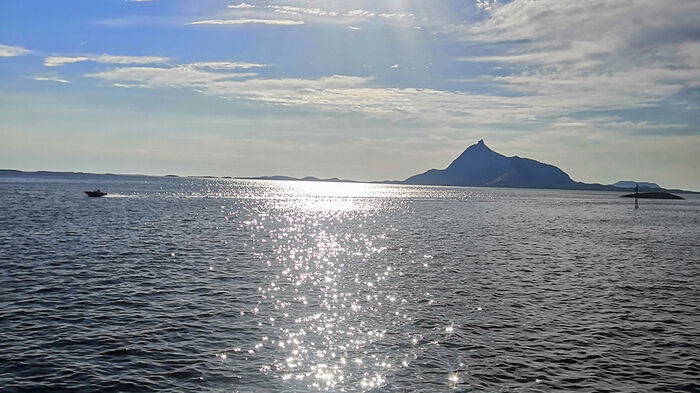
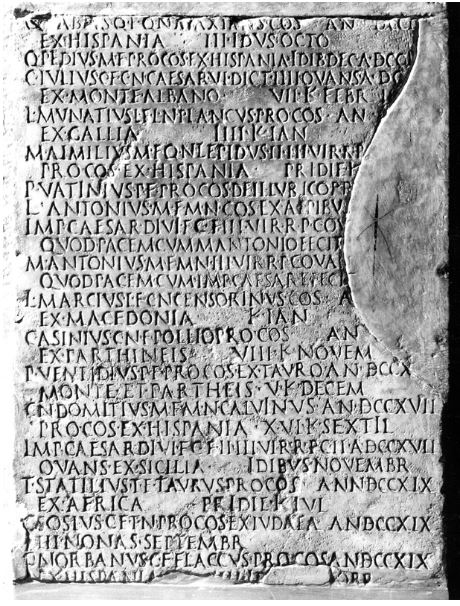
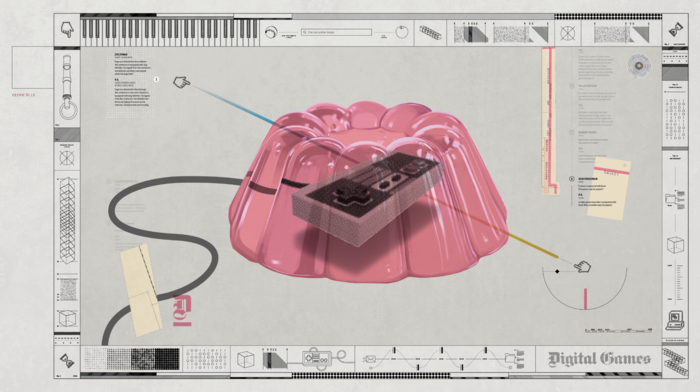
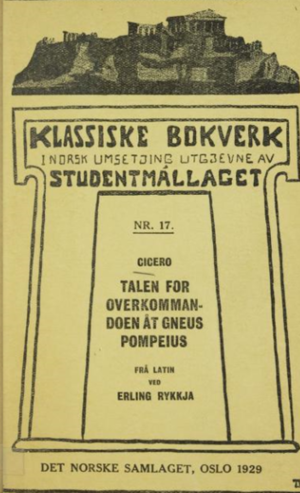
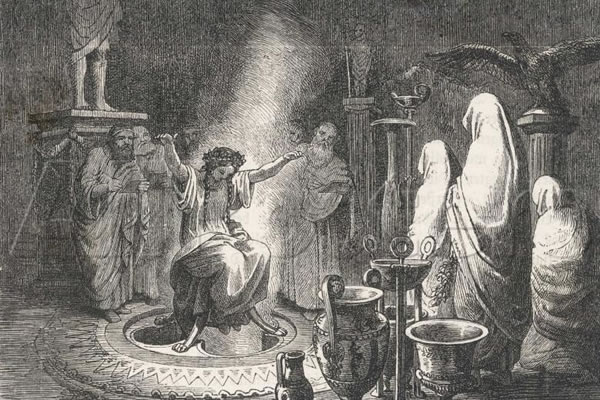
.jpg?alt=listing)
